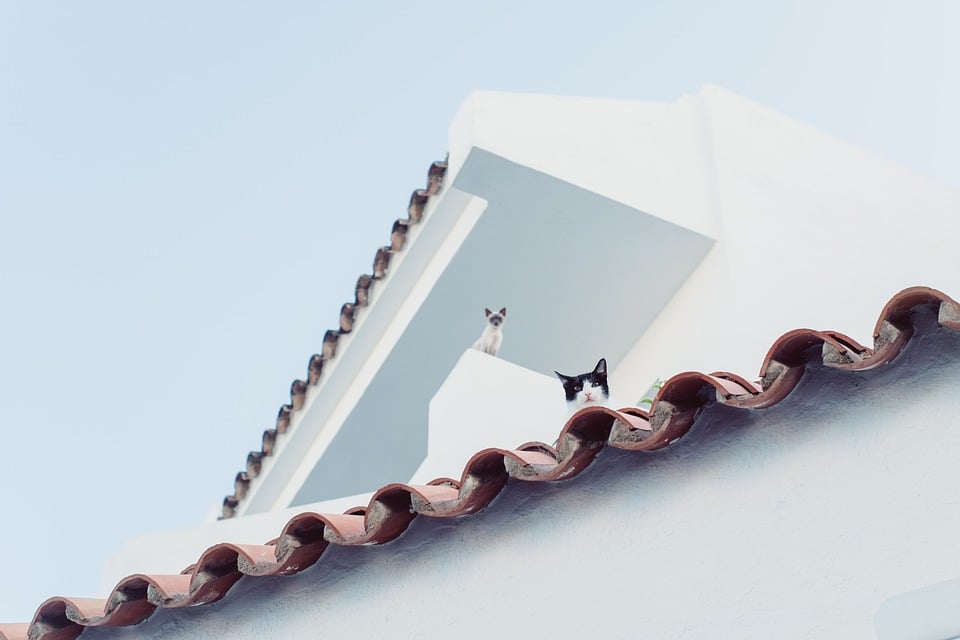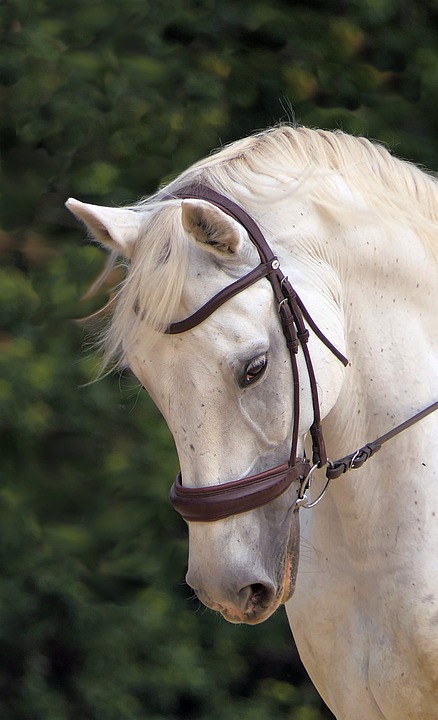Vaccination is a crucial aspect of pet care, especially for cats, as it helps protect them from deadly viruses. As a veterinarian, I understand the importance of vaccination in saving lives and preventing the spread of diseases among our feline friends. However, it is essential for cat owners to be informed about the risks and benefits of vaccination and make informed decisions based on facts and science.
Vaccination works by introducing a small dose of an inactive virus into the body to trigger an immune response. This process helps the immune system create memory cells that can fight off the virus in the future. While vaccination is not 100% safe, it is much safer than leaving pets exposed to the risks of contracting deadly viruses. Side effects of vaccination in cats may include lethargy, fever, or swelling, but true adverse reactions are rare.
One of the biggest concerns with feline vaccination is the risk of injection site sarcoma, a type of malignant tumor that can form at the vaccination site. To reduce this risk, some vaccines are now administered over a limb instead of the scruff. Studies have shown that the Feline Leukemia Virus Vaccine may have a higher risk of inducing a sarcoma, which is why it is recommended to give this vaccine every 3 years instead of annually.
When making decisions about vaccination for your cats, it is essential to consider the risks and benefits based on their lifestyle and exposure to other cats. Cats living in breeding colonies, shelter conditions, or outdoors with a higher risk of interaction with other cats should be vaccinated according to manufacturer recommendations. Indoor cats may not need certain vaccinations as they have lower exposure to viruses like the Feline Leukemia Virus.
It is important to have open communication with your veterinarian about your cat’s vaccination needs and to make decisions based on their individual risk factors. While vaccines are not completely safe, they are a crucial tool in protecting our pets from deadly diseases. Natural immunity may work in some cases, but it relies on the survival of the cat after exposure to the virus.
In conclusion, vaccination is a vital part of responsible pet ownership, and it is essential to make informed decisions based on facts and science. By understanding the risks and benefits of vaccination, cat owners can ensure the health and well-being of their feline companions. Remember, vaccination saves lives, and it is up to you to make the best choices for your beloved pets.





